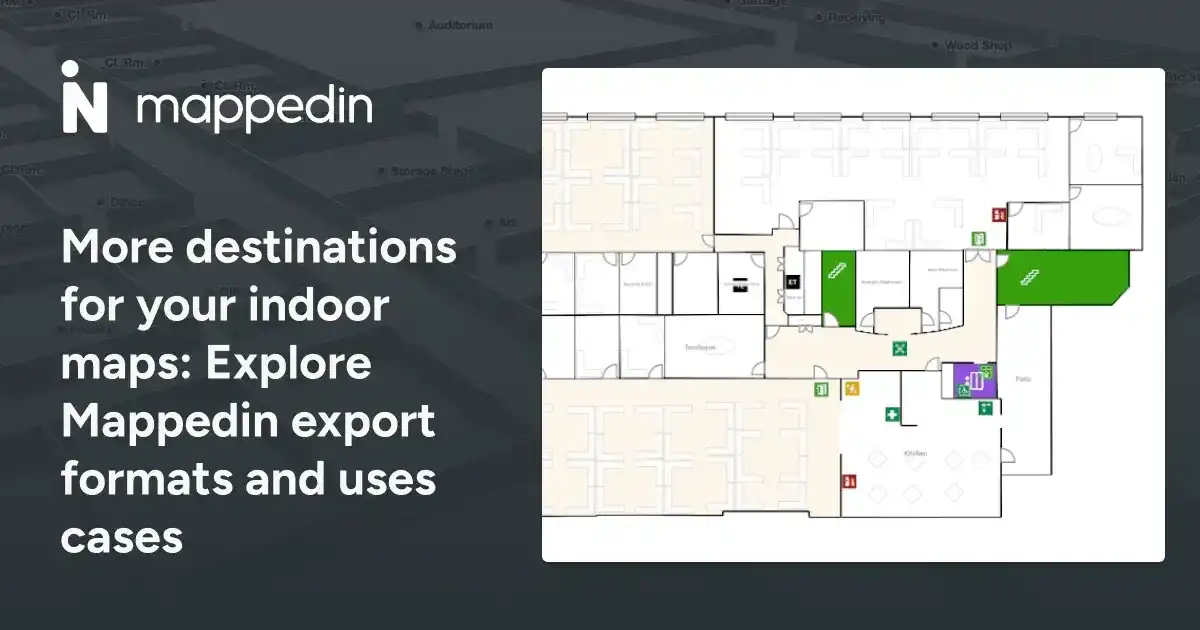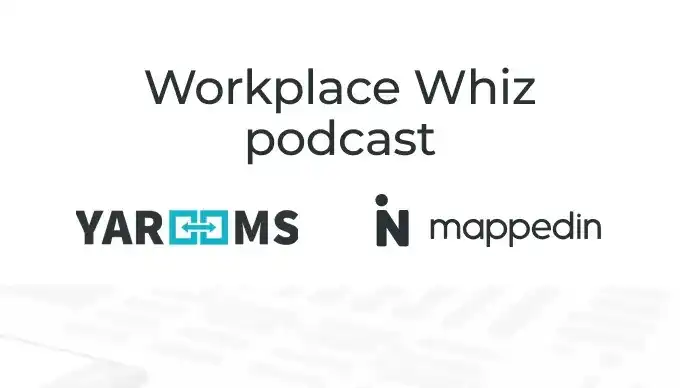Asset tracking systems provide offices with a wealth of accurate, real-time information. Administrators and employees can maintain end-to-end visibility on office equipment and assets, save valuable time in day-to-day operations, and reduce expenditure costs.
Asset management solution for efficient office equipment tracking
With an asset tracking system, office administrators and employees can efficiently track, maintain, and report on various office equipment and assets in real-time. This includes:
- Printers
- Photocopiers
- Fax machines
- Scanners
- Paper shredders
- Desks, tables, chairs
- Computer equipment
- Office supplies
- Filing Cabinets
- Devices
Why office asset management solutions?
Asset tracking software is a digital, centralized system that enables offices to track important details about physical assets. It is extremely valuable to have a detailed asset management system in order to determine what assets you own, where they are located, how much they cost, and whether they need to be replaced, updated, or maintained. With a software solution in place, asset portfolio management becomes simple and effective.

Benefits of an office asset management solution
There are numerous benefits for office asset tracking, including:
- Improve inventory management and accuracy
- Monitor equipment condition and usage
- Quickly locate office assets in real-time
- Generate real-time reports on the position of assets
- Simplify operational workflows
- Review asset history and ROI
Advantages of office asset management solution
Asset tracking provides offices with detailed records of the location, movement, condition, and ownership of office equipment and inventory at any given time. As a readily accessible solution, employees can maximize accountability, track assets on-the-go, and generate a real-time financial statement or audit. Combined with a digital map and indoor positioning technology, office staff is equipped with an accurate visualization of physical assets across the office.
Controlled inventory
With an office asset management system, employees can seamlessly update and monitor inventory levels, costs, damages, performance and administration control. This ensures complete visibility and accountability of assets from the moment they’re ordered, through their usage and movement, to their disposal. If a computer monitor is nowhere to be found, administrators can quickly view who used it and where it was last located to prevent it from getting lost or stolen.

Asset lifecycle management
Office asset management systems also enable full transparency of asset lifecycles, including their performance, usage, and condition. Lifecycle details help determine whether an asset is unsafe to use, needs repair, or will last for years to come. This information can be used to schedule maintenance activities more efficiently, replace stock, and dispose of faulty equipment promptly.
Strategic inventory planning
With office assets tracked, administrators can effectively forecast inventory demand and decide exactly how much inventory to restock and when. They can also determine asset costs, budget plans, and whether it would be beneficial to extend or renew a contract with a hardware provider to cut down on costs.
Increased accountability
By regularly tracking assets through a digital asset management platform, offices can stay on top of their asset information and improve security measures. Knowing where items are at all times ensures maximum accountability and accuracy of asset location, loss, and management. This paints a clear picture of how to minimize inventory loss and respond to potential shortages or problems.

Automated asset discovery
Manual entry of asset information using paper spreadsheets is prone to inaccuracies and inconsistencies, which means office equipment can easily slip through the cracks. Automated, digital asset management tools store all of the asset history in one accessible system. With automated updates, office staff can maintain accurate asset tracking experiences and quickly locate an asset by viewing its real-time location on the map.
Real-time information
Accuracy is the key to efficient asset management. Offices should always have access to the most up-to-date information on their physical assets. Quantity, cost, current location, accurate times, action histories, where the item is regularly stored, required permissions and authorizations to use an asset, and more. Real-time information enables an asset portfolio manager or employee to track, plan, and manage assets in a seamless way.
Alerts and notifications
Employers or employees can also send alerts to people in the office regarding out-of-order photocopiers, equipment under maintenance, the relocation of IT supplies, and more. If a paper shredder breaks and becomes dangerous, a notification can inform office staff to avoid using it. Asset tracking software can keep offices regularly updated by sending automated notifications and alerts on each asset activity.

Depreciation management
Employees can track equipment to gauge the required maintenance of each item, the rate of depreciation, and the value as it declines. Most assets depreciate over time and need to be replaced or serviced. Managing this information closely with a software system can help offices make informed financial decisions on investment activity.
Mobile-friendly interface
A huge benefit of office asset tracking software is the ability to access information from a desktop or mobile device. Whether working at a desk or navigating through the office, staff can quickly pull up asset details within a few clicks. This can help them quickly locate a piece of equipment they can’t find, or view important information regarding a faulty machine.
Cloud-based asset tracking technology
With cloud-based technology, asset data is stored, updated, and accessed through one convenient location: the cloud. While using the same asset tracking system, access control can be assigned to employees so that they can login to a webpage to see their own data sets. Cloud-based technology also has lower administrative costs compared to manually tracking assets.

Why use MappedIn?
Indoor positioning technology and indoor mapping paired with asset tracking helps offices visualize various assets as they move throughout the building. This provides increased information and context surrounding an office’s physical space and the location of assets.
Mappedin’s Map Editor platform makes it easy to manage location data, test alternative floor plans, and keep information up-to-date and accurate at all times. Mappedin Venue Format (MVF) is a geoJSON based format that provides customers with geometry and location data associated with their venue and is directly connected to the Mappedin CMS. MVF can be used to build 2D mapping experiences or converted with a variety of 3D renderers, including Mappedin’s.
Office asset tracking system FAQs
What is the best asset management software tool?
There is a wide variety of asset management software tools available for offices. Here are some things to consider when choosing a solution:
- Scalability
- Cost
- Support
- Features
- Mobility
- Accessibility
What assets should be tracked?
There are numerous assets that can be tracked in an office. Office furniture, computer hardware and accessories, general office supplies, devices, and more. Offices should track valuable and costly office equipment such as photocopiers, desk computers, and projectors to prevent theft and reduce costs.
How do companies track their equipment?
Airports, hospitals, and other industries use asset management software to efficiently keep track of equipment and items. Construction asset tracking, healthcare asset tracking, education asset tracking, responders asset tracking, government asset tracking, and miscellaneous asset tracking are all extremely valuable. Information is readily accessible from asset tracking devices such as mobile phones, easy to keep updated and accurate, and can create new efficiencies. Contact us to learn more.
Tagged In
Share



